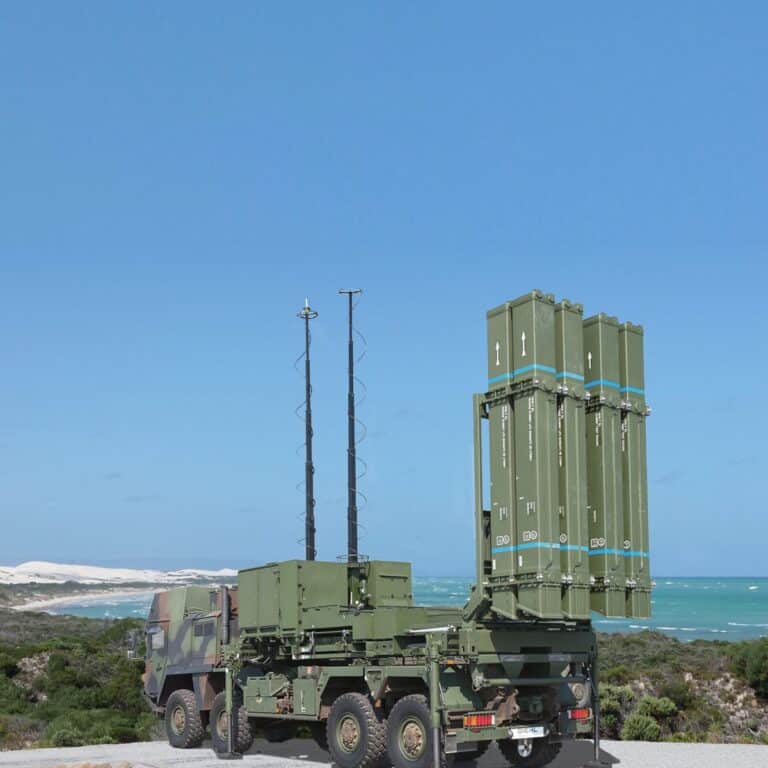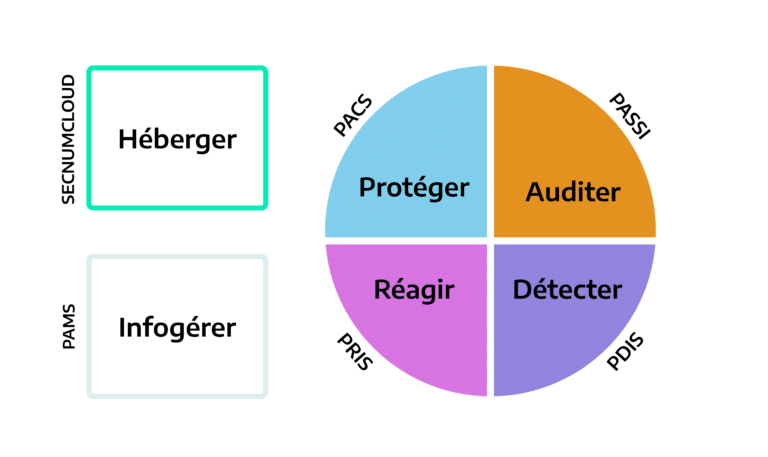The domain of defense robotics is booming, benefiting from impressive technological advancements and an ever-increasing demand. Robotics engineers play a key role in this sector, designing sophisticated robotic systems used in military defense and national security. It is a rewarding career that requires a diverse skill set and an appropriate educational background.
Table des matières
ToggleThe profession of defense robotics engineer: missions and responsibilities
The defense robotics engineer is an expert who designs, develops, and programs machines intended for military applications. This role involves not only technical skills but also the ability to work in teams and manage complex projects. On the front line, this profession meets varied needs ranging from mine clearance to target selection, as well as assisting combat operations through drones and autonomous robots.
Main missions of a robotics engineer
The nature of the work of a defense robotics engineer is very varied and engaging. Here are some typical missions:
- Designing robotic systems: The engineer is responsible for designing military robots adapted to specific missions. This may include creating drones for surveillance or robots for logistics in the field.
- Software development: Optimizing the software that controls these machines is crucial. They must ensure that the systems operate efficiently and safely.
- Prototype testing: After the design phase, the engineer conducts rigorous tests to ensure that the robots meet operational and safety expectations.
Collaborating with other engineers and experts is also an important part of the role. For example, working with electronics specialists to improve system connectivity or with mechanical experts to ensure the robustness of the machines. By impressing investors and gaining the trust of the military, these professionals also contribute to the evolution of a country’s defensive capabilities.
Industry sectors
Defense robotics engineers work in various sectors, including:
| Sector | Examples of applications |
|---|---|
| Military Industry | Creation of autonomous drones for surveillance and attack |
| Medical Sector | Developing assisted robots for surgical operations on the battlefield |
| Aerospace | Designing robots for cleaning and maintaining military aircraft |
| Security | Robotics for threat detection and mine clearance |
This diversity of sectors and applications underscores the growing importance of technology in the defense field. Each mission brings unique challenges, pushing engineers to innovate and continually improve their knowledge and skills.
Educational path to becoming a defense robotics engineer
To embark on a career in defense robotics, an appropriate academic background is essential. The required expertise is generally acquired through training in engineering with a suitable specialization. Here are the typical steps in the educational path:
Required degrees and levels of study
Future defense robotics engineers should aim for a minimum of a master’s degree (bac+5). The main options include:
- General engineering degree: With a specialization in robotics from engineering schools such as École Centrale or Efrei.
- Specialized Masters: Programs like a Master’s in robotics, mechanics, or mechatronics can enhance the technical skills needed.
- Internships and continuing education: Completing training with internships in companies is highly recommended to gain practical experience.
Many schools, including Airbus Defence and Space and Thales Group, offer internship opportunities that allow learning within reputable structures. In 2025, these institutions are at the forefront of robotic innovations.
Recommended training institutions
To effectively prepare for a career as a robotics engineer, several prestigious schools and universities stand out:
- École Centrale de Nantes: Offers a Master’s in control and robotics.
- University of Lyon: Specialization in nanometric engineering.
- Efrei: Focuses on robotics and automation from the engineering cycle.
Participating in robotics projects and competitions, often organized by these institutions, also helps to stand out in the job market. To delve deeper into the subject, you can refer to this detailed educational guide.
Essential skills for defense robotics engineers
Possessing the right technical and interpersonal skills is key to excelling as a defense robotics engineer. The challenges in the field require mastery of various disciplines and the ability to work effectively in teams.
Indispensable technical skills
Defense robotics engineers need a broad set of technical skills to succeed. Here is an overview of essential technical skills:
- Programming: Mastery of programming languages such as Python, C++, and robotics-specific frameworks.
- Mechanical and electronic skills: Solid knowledge of mechanics and electronics to design and optimize robotic systems.
- Artificial intelligence: Ability to use AI to enhance the autonomy and efficiency of robots.
Interpersonal skills and project management
At the same time, interpersonal skills play a crucial role:
- Teamwork: Ability to collaborate with experts from different fields.
- Communication: Explaining technical concepts clearly to non-technical audiences.
- Time management: Knowing how to manage projects within strict deadlines while maintaining high quality of work.
These skills not only allow success in daily professional activities but also enable advancement within a complex hierarchy, where projects require coordination among multiple teams and departments.
Job opportunities and career prospects in defense robotics
The field of defense robotics offers fascinating career opportunities, with very interesting prospects for advancement. Engineers can consider several professional pathways, evolving in leading companies.
Positions and responsibilities
With experience, a defense robotics engineer can move into various key positions:
- Project engineer: Responsible for managing a robotics project from start to finish.
- R&D manager: Leads research and development projects in companies like Safran or BAE Systems.
- Technical consultant: Provides robo-technical solutions to various military or security clients.
Career progression and salary
Here is an overview of salary trends and career progression in the field:
| Experience Level | Estimated Annual Gross Salary | Potential Positions |
|---|---|---|
| Entry-Level (0-2 years) | €35,000 – €42,000 | Project Engineer, Robotics Developer |
| Experienced (3-5 years) | €42,000 – €55,000 | Project Manager, Junior R&D Manager |
| Senior (6-10 years) | €55,000 – €75,000 | Technical Expert, Development Director |
| Expert (+10 years) | €75,000 and above | R&D Director, Consultant, Entrepreneur |
These figures may fluctuate depending on several factors, ranging from geographic location to the sector of activity. It is also possible to initiate an entrepreneurial path by launching one’s startup in the robotics sector, which is increasingly common among engineers.
Investing time and effort to become a defense robotics engineer offers tangible benefits, both in terms of professional satisfaction and responsibilities. This field, at the intersection of innovative technologies and national security needs, proves to be an exciting and promising career choice.
Current trends and future challenges in the field of defense robotics
The field of robotics has undergone major transformations in recent years. In 2025, technological challenges continue to evolve, just as the increasingly integrated use of artificial intelligence and automation does. Defense robotics engineers must prepare to face these challenges while adapting their training and skills.
Trends in robotic technology development
Defense robotics faces several key trends:
- Artificial Intelligence: The integration of AI algorithms to optimize the decision-making of robotic systems.
- Human-Robot Collaboration: Autonomous machines will often work in tandem with human teams on the ground.
- Modular Robots: Modularity in the design of robots to enable rapid adaptation to different missions.
Ethical and regulatory challenges
One of the most significant challenges is to address the regulation and ethical concerns surrounding the use of robotic technologies in defense. Engineers must not only design effective systems but also evaluate the ethical implications of automation in combat contexts. This involves:
- Transparency: Systems must be designed in a way that justifies their decisions and actions.
- Accountability: Who is responsible for a robot’s actions in a military context?
- Respect for human rights: Ensuring that the use of robots does not violate fundamental rights and ethical principles.
These challenges will change how engineers approach the design of defense robots in the future. The ability to anticipate and innovate in these areas will be essential to ensure that technology remains aligned with acceptable societal values while effectively meeting defense needs.























